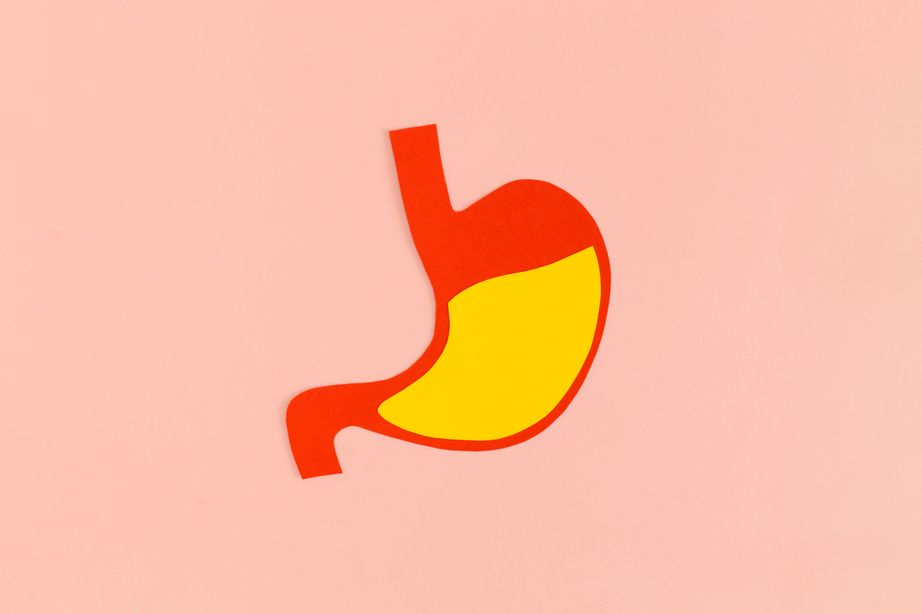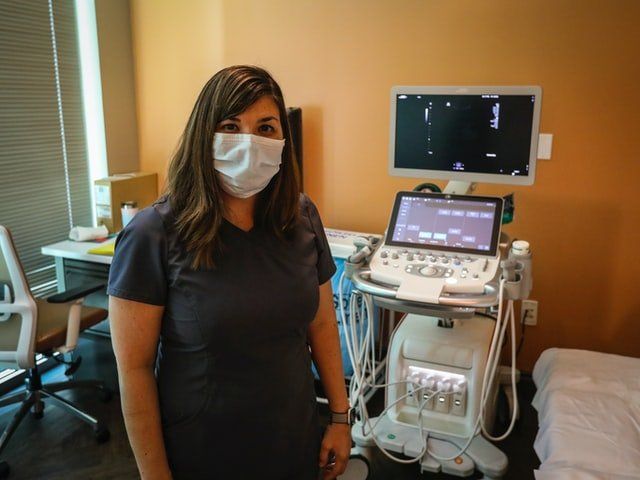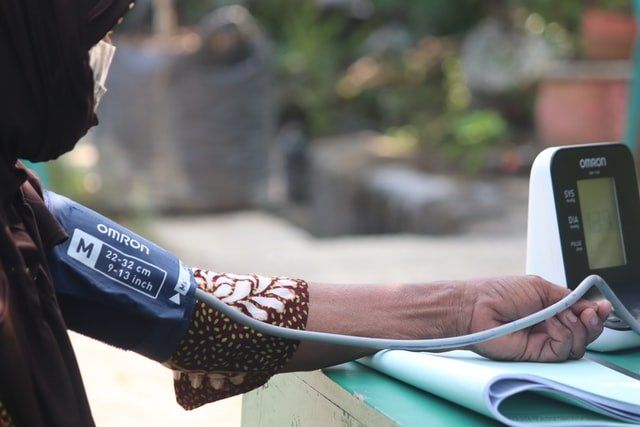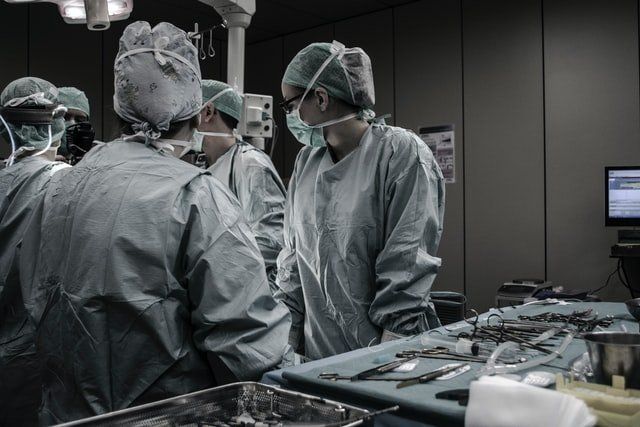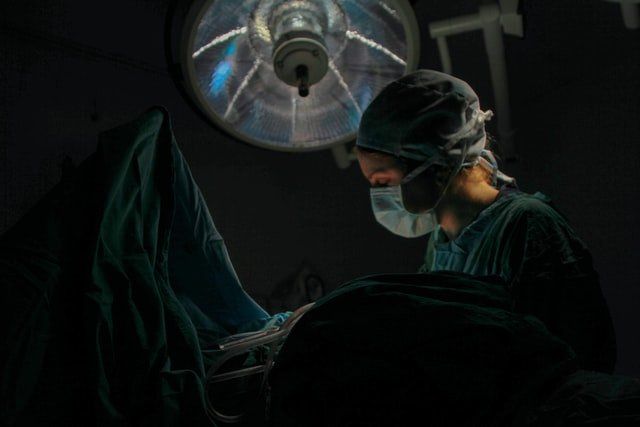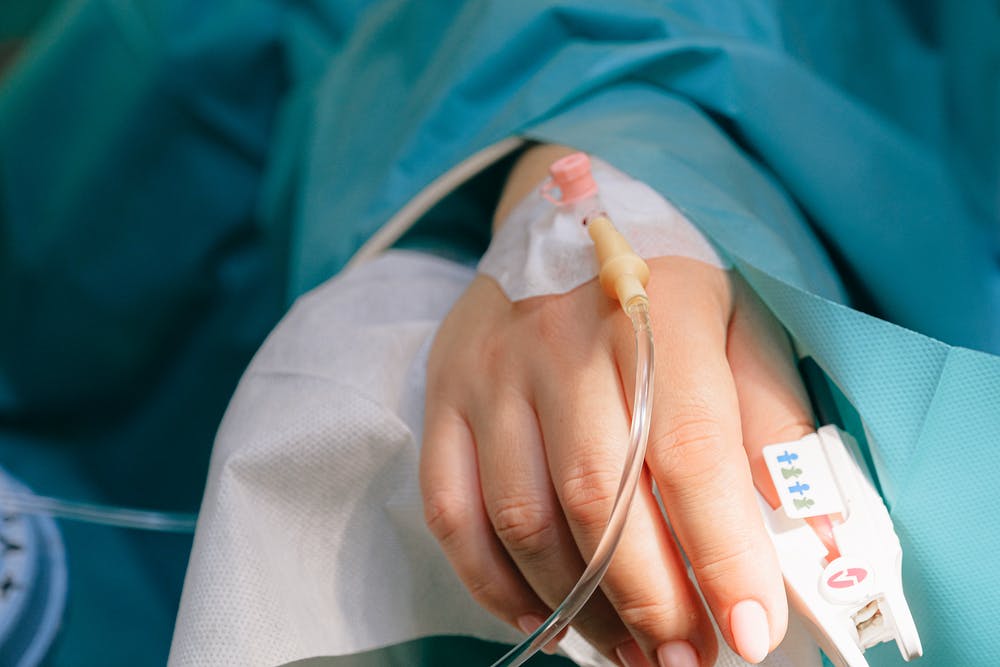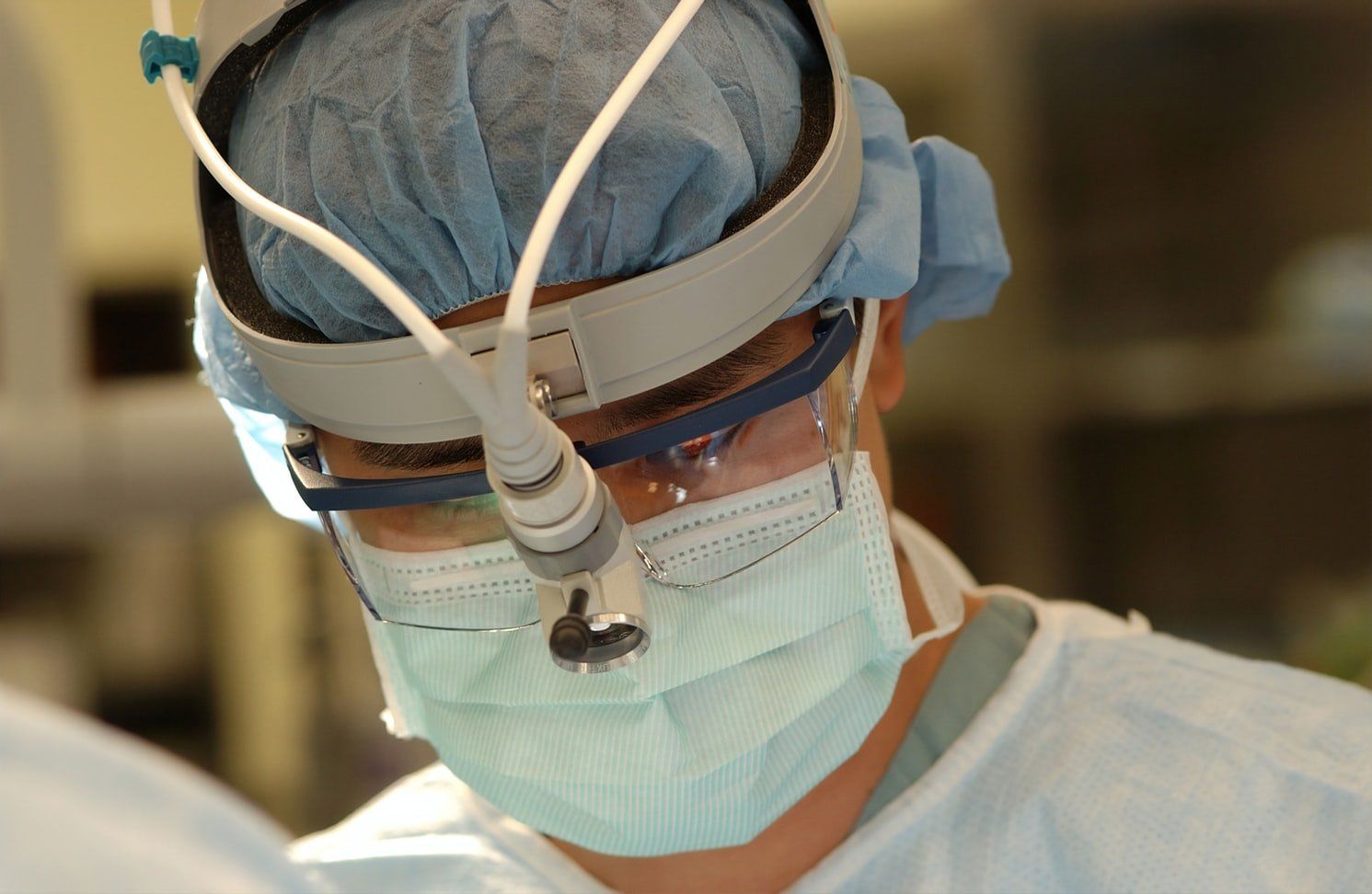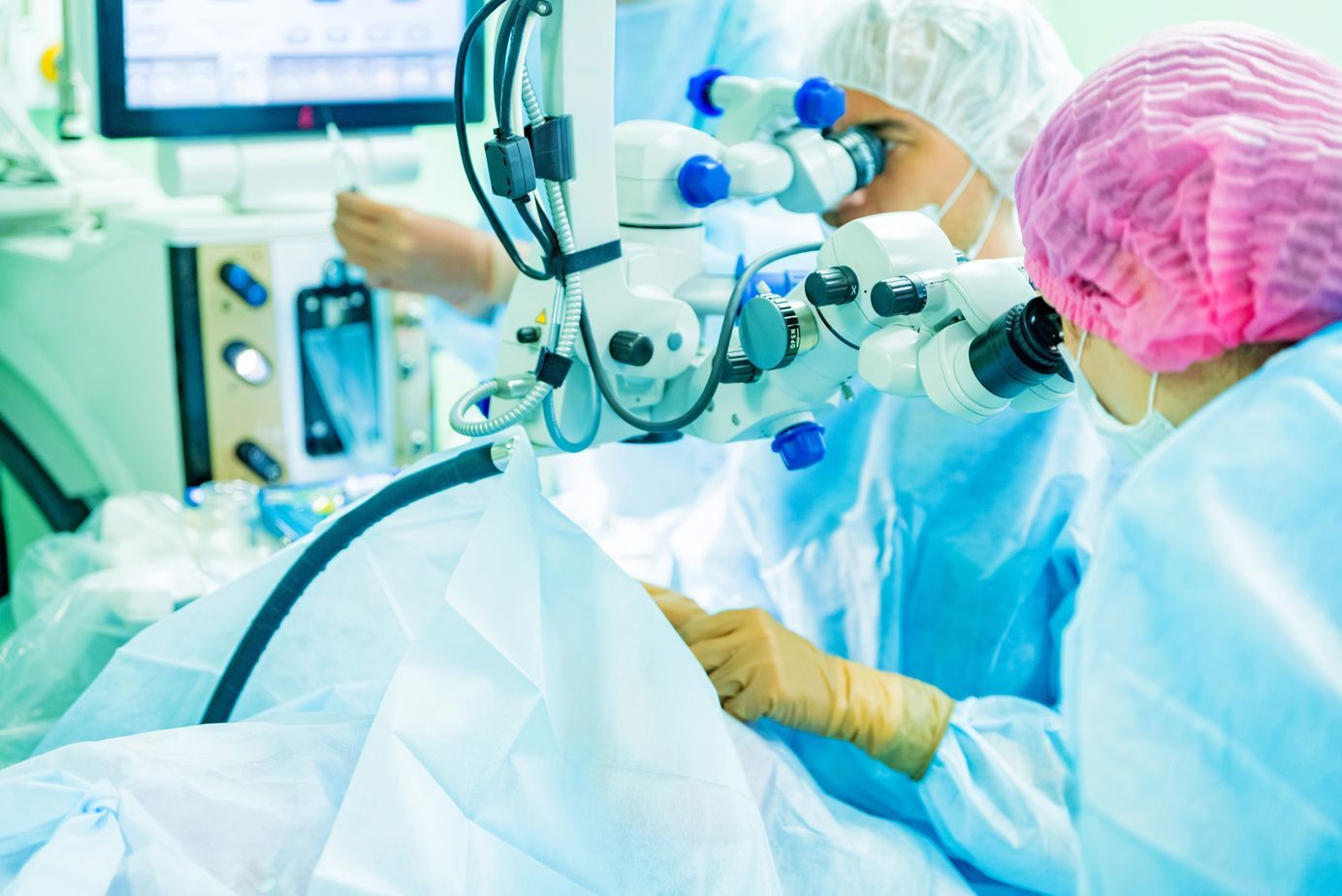The Role of Peroral Endoscopic Myotomy in Treating Achalasia
Achalasia is a medical health condition that hinders the lower esophageal sphincter from relaxing, leading to the inability to eat and drink with comfort. Patients with achalasia often experience substernal chest pain, heartburn, regurgitation, difficulty swallowing, and weight loss. And unbeknownst to many, this illness affects around 3,000 people in the United States.
In the past, treatment for achalasia required patients to undergo invasive surgery, which involved multiple abdominal incisions. However, thanks to innovative technological advancements in the medical field, there’s a less invasive method of treating this condition known as the Peroral Endoscopic Myotomy (POEM) procedure.
What Is Peroral Endoscopic Myotomy (POEM)?
POEM is the new pinnacle for achalasia treatment. It serves as a middle ground that combines the practicality of minimally invasive endoscopy and the durability of a surgical myotomy.
First introduced back in the year 2008, this treatment involves using a flexible upper endoscope to create few incisions into the mucosa of the esophagus. The endoscope is then tunneled into the esophageal wall to perform an endoscopic myotomy, resembling traditional Heller myotomy. Afterward, the esophageal mucosal incisions are sealed using clips.
A POEM surgery often lasts for about two to three hours. It requires general anesthesia since it still involves mild and small incisions. And after the surgery, patients need to undergo an upper GI to assess swallowing performance the following day. Professionals implement a comprehensive liquid diet for two weeks after a POEM procedure. In addition to this, they often recommend patients to come back for a visit two and six weeks for follow-up checkups.
Who Can Undergo Peroral Endoscopic Myotomy (POEM)?
Generally speaking, there are no limitations or restrictions on who can undergo a POEM procedure. In fact, this type of achalasia treatment even enables poor surgical candidates who have severe pulmonary disease and portal hypertension to receive the necessary care for their condition without being put at risk.
What Are the Advantages to Peroral Endoscopic Myotomy (POEM)?
Aside from the fact that POEM is an effective method of diagnosing and treating achalasia, there are various benefits to this form of procedure. For one, it offers little to no discomfort in patients. Although the treatment requires general anesthesia, the patients who undergo POEM surgery often leave clinics and hospitals without the need for pain medications and prescriptions.
Secondly, this is a kind of treatment that you can quickly recover from. Usually, patients only stay one night in the hospital after a POEM procedure since they require an upper GI the next morning to assess their condition.
Last but not least, POEM procedures have lower risks. It eliminates any possibility of inflicting damage to surrounding abdominal organs compared to invasive procedures such as robotic-assisted and laparoscopic surgeries.
Conclusion
Peroral Endoscopic Myotomy (POEM) plays a significant role in diagnosing and treating achalasia. As a more comfortable alternative to invasive and dangerous surgeries, it presents patients who suffer from this disease with a safe way to manage and treat their medical health condition.
Dr. Michel Kahaleh is a world-renowned endoscopist and gastroenterologist with extensive experience in performing various endoscopic procedures. For
achalasia treatment that does not involve invasive therapies and surgeries in New Jersey, give us a call today!

